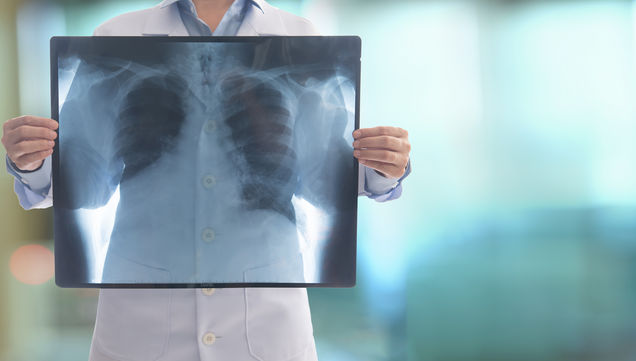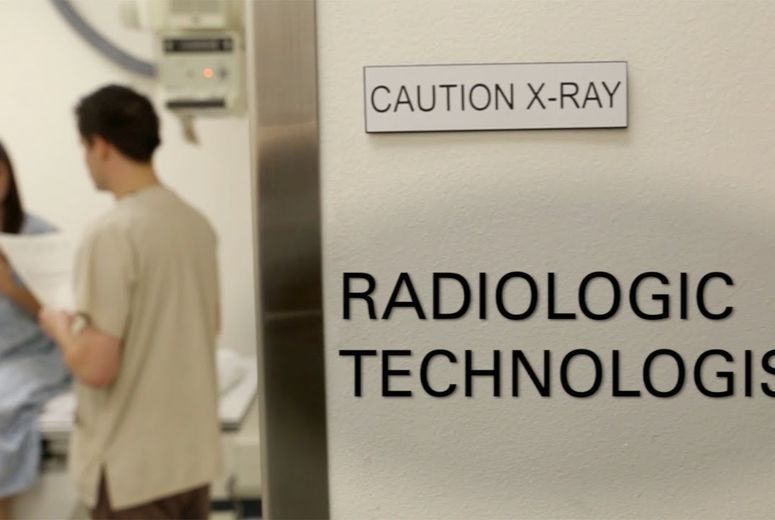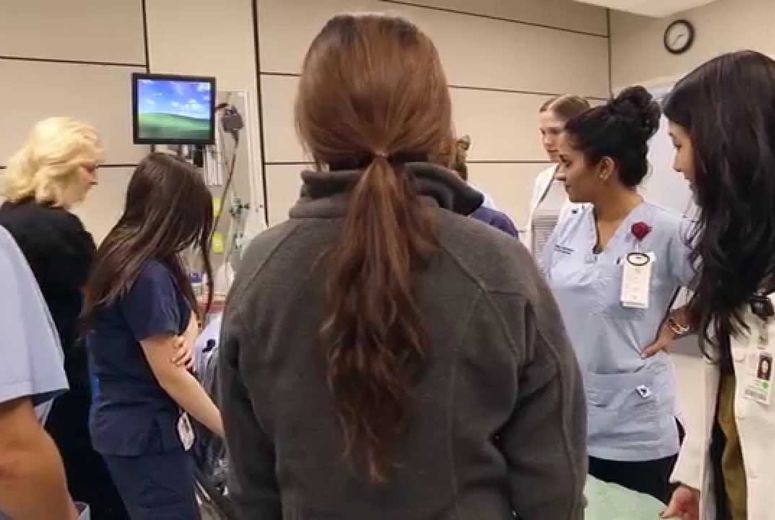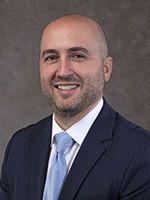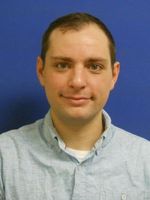Our Mission
Our mission is to prepare students to be registry-eligible, entry-level radiographers who are equipped to provide excellent patient care and safely manage radiation protection and exposure.
Our Vision
Our vision is to be the #1 radiography program of choice where we are motivated by excellence and compassion, where relationships are close and transformational like family, and where career dreams become reality.
Our Values
Welcoming
- We create a safe learning environment where every voice is heard.
Excellence
- We strive to achieve excellence in all we do.
Collaboration
- We promote cooperation, commitment, and teamwork.
Accountability
- We aim for equity and fairness in all of our procedures and practices.
Respect
- We honor diversity and recognize the worth and contribution of all.
Equity
- We aim for equity and fairness in all of our procedures and practices.
What Makes Us Unique
The LLU Medical Radiography program stands out because of its family environment, caring faculty, low student-to-faculty ratio, and emphasis on professionalism, service learning, interprofessional education, values development, transformation, and the whole person. The bar is set high in this program, and the students who engage in all that the program offers are the ones who experience the highest student success.
Service learning is built into the Medical Radiography program. Each student will complete 24 hours of service learning within their first and second year of the program. The motto of the School of Allied Health Professions is "To Lead, To Heal, To Service," so it is no wonder that service--whether local or international--is part of our curriculum. Students also have opportunities to serve on international mission trips.
Interprofessional education is all about collaboration--to build friendships, trust, and respect--between all of the different health care specialties. Second year medical radiography students attend an interprofessional lab where they roll-play scenarios with medical, dental, nursing, pharmacy, behavioral health, and allied health students in order to grow in their ability to work on the health care team.
Program Requirements
Applicants are required to complete an annual drug test, an annual background check, proof of vaccinations with titers and possess a current Basic Life Support (BLS) for Health Care Providers CPR card offered by the American Heart Association upon admission into the program. To remain in the program students must maintain a 2.5 GPA, follow program policy, and adhere to the program’s professional code of conduct.
Career Observation
Applicants must complete 8 hours of career observation prior to the interview. Applicants can request to do career observation at the Loma Linda University Medical Center only after they apply to the program. Email [email protected] for more information and to set up observation hours after your application has been submitted.
Program Resources
Program Accreditation
The Loma Linda University Radiography program is accredited by the
Joint Review Committee on Education in Radiologic Technology
20 North Wacker Drive, Suite 2850
Chicago, IL 60606-3182
312-704-5300
Email: [email protected]
The program's current accreditation award is 8 years.
General program accreditation information and the current accreditation award letter can be found at www.jrcert.org.
